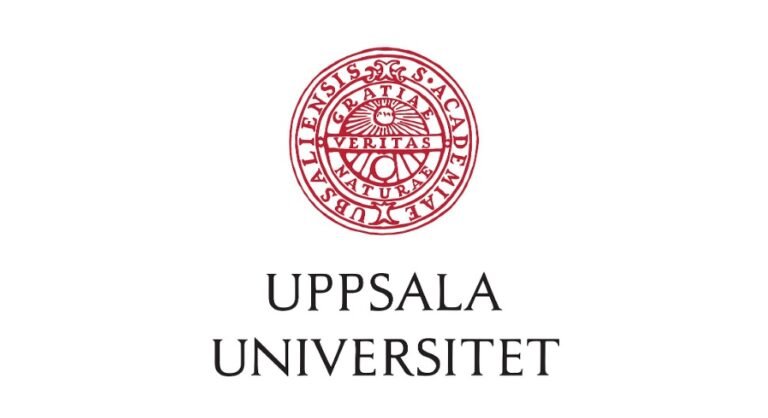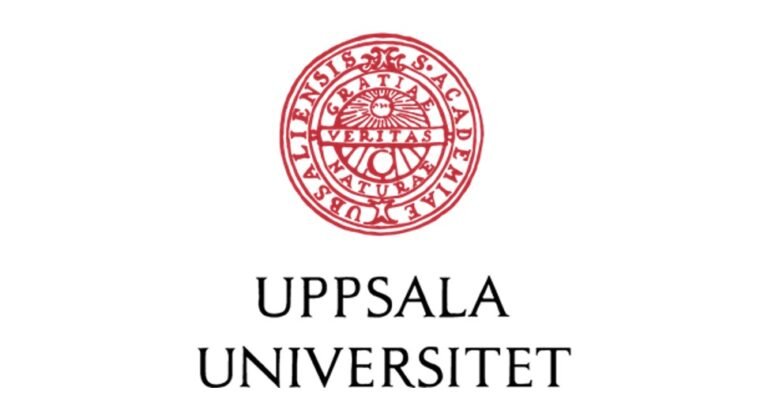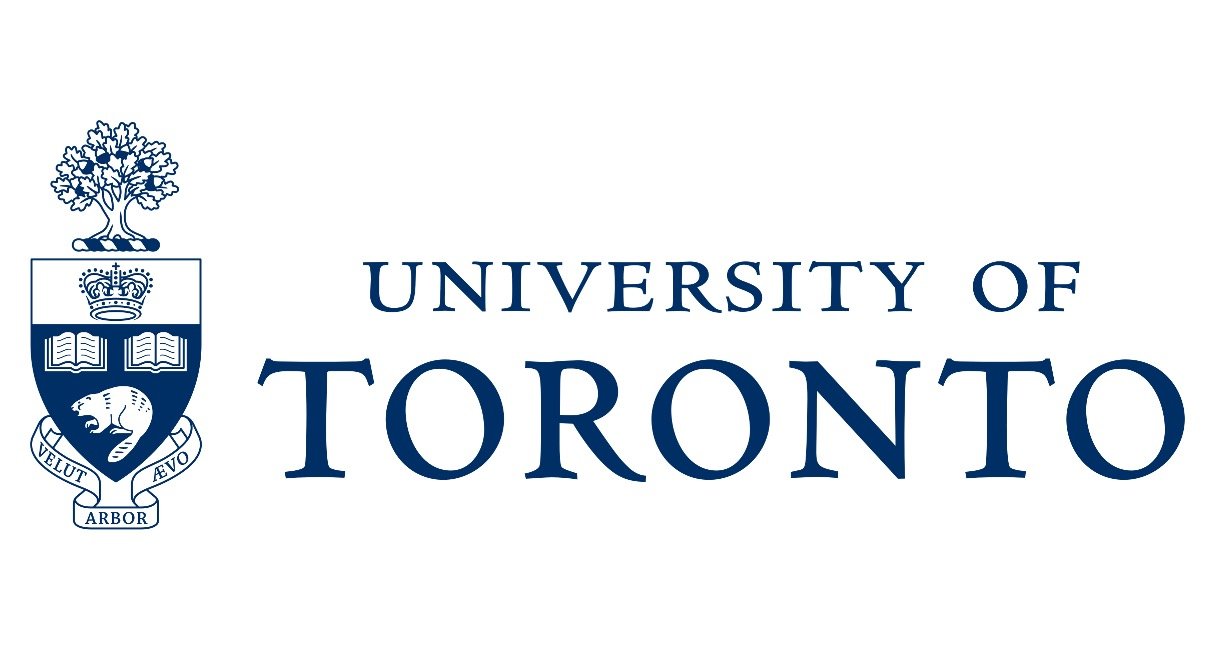at the Division of Microsystems Technology, Department of Materials Science and Engineering, Ångström Laboratory.
[SW1] The Division of Microsystems Technology (MST) is part of the Department of Materials Science and Engineering at The Ångström Laboratory. Researchers at MST have extensive experience in materials science, mechanics and manufacturing of microsystems, where we develop sensors, actuators and microfluidics. Research groups are specialized in soft and stretchable microsystems, high-pressure microfluidics, microsystems for harsh environments, and chemical sensors. The applications are particularly in environmental analysis, biomedical engineering, robotics, and miniaturized space technology.
The position is linked to the bilateral project “Soma Design Interaction with Soft Haptics” with partners from The Royal Institute of Technology (KTH) and KAIST, South Korea. The project is about wearable and body-near interactive haptics for tight perception-action loops. The design approach emphasises a somatics-based, thoughtful and deep process, contributing significantly to innovative design methodology. The soft haptic robotics will be explored in digital workshops for the internet of senses.
Project description: The project is about the mechatronics, and mechanical and electronic design for the wearable and body-near interactive haptics, where orthogonal sensors and actuators enable design for tight perception-action loops. The focus will be on the embedded electronics and sensorics for patches manufactured in collaboration with other researchers in the research group of soft micromechanics, using planar additive manufacturing of printed circuits with digital printing of composites and different dielectrics. In collaboration with colleagues in the project, patches will be developed for exploring different haptic interactions for the internet of senses.
Duties: The main task for a doctoral student is to dedicate themself to their doctoral education, which includes both participation in research projects and doctoral education, where shorter periods of secondments may be needed during the study. The work duties may also include participation in teaching and other institutional work, however a maximum of 20% of the working time.
The duties of the PhD student in this research project include the development and manufacturing of sensors and circuits for soft and compliant printed circuits, as well as being involved in the design and analyses of the circuits, to meet the requirements when used in haptic soft robots. Rigorous mechanical and electrical characterization of materials and systems will be a necessary part of the work.
Qualification requirements: Master’s degree with studies in electrical engineering, robotics, biomedical engineering, or equivalent. Documented courses or project work in mechatronics is required, independent on the degree. We require good skills in oral and written English. With the project already started, the student must be able to start working in Uppsala before the end of the first half-year of 2025.
Rules governing PhD students are set out in the Higher Education Ordinance (1993:100) chapter 5, §§ 1-7 and in Uppsala University’s rules and guidelines.
Desirable/meriting in general: It is highly meritorious to have passed courses in printed circuit design, embedded electronics, and electronic control systems.
Practical experience and interest in building things are meritorious, and especially so in building and programming embedded electronics. Experience in measurement technology and integration of microsystems are meritorious. As a large part of our teaching takes place in Swedish, knowing the language is also an advantage, although of less importance than other qualifications.
Great emphasis will be placed on personal qualities such as the ability to independently plan and carry out work, to have good cooperation and communication skills, and to be able to work effectively both individually and in a group.
Your application must include
- 1) A short cover letter in which you describe yourself, why you want to do a PhD and why you are suitable for this position.
- 2) CV (max 2 pages)
- 3) A certified copy of your master’s degree and your course grades.
- 4) Copies (or drafts) of your master’s thesis and other documents, such as publications, that you wish to refer to.
- 5) Names and contact details of at least two contact persons who have accepted to be references for you, with any additional letters of recommendation. It must also be stated what relationship you have had with the respective referent.
The application should be written in English. We will continuously read applications and call for interviews.
About the employment
The employment is a temporary position according to the Higher Education Ordinance chapter 5 § 7. Scope of employment 100 %. Starting date, as soon as possible or as agreed upon. Placement: Uppsala
For further information about the position, please contact: Prof. Klas Hjort klas.hjort@angstrom.uu.se
Please submit your application by 6 January 2025, UFV-PA 2024/4045
Are you considering moving to Sweden to work at Uppsala University? Find out more about what iti s like to work and live in Sweden.
Uppsala University is a broad research university with a strong international position. The ultimate goal is to conduct education and research of the highest quality and relevance to make a difference in society. Our most important asset is all of our 7,600 employees and 53,000 students who, with curiosity and commitment, make Uppsala University one of Sweden’s most exciting workplaces.
Read more about our benefits and what it is like to work at Uppsala University
https://uu.se/om-uu/jobba-hos-oss/
The position may be subject to security vetting. If security vetting is conducted, the applicant must pass the vetting process to be eligible for employment.
Please do not send offers of recruitment or advertising services.
Submit your application through Uppsala University’s recruitment system.





